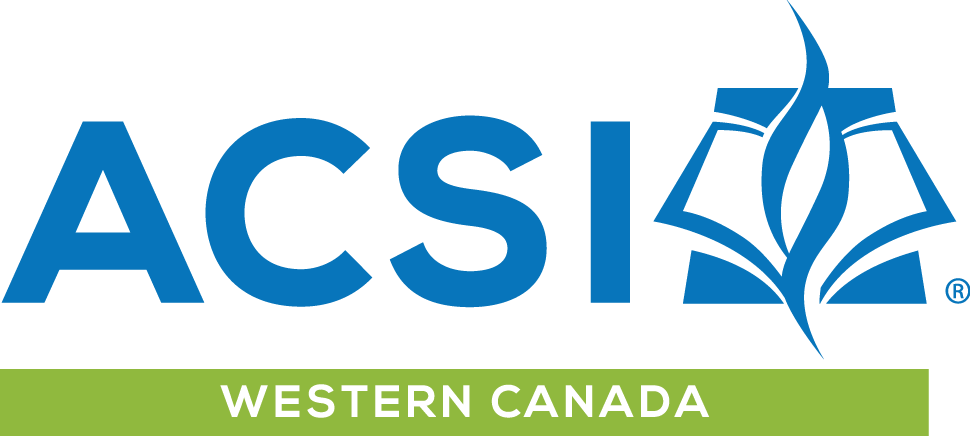“Instead, speaking the truth in love, we will grow to become in every respect the mature body of him who is the head, that is, Christ. From him the whole body, joined and held together by every supporting ligament, grows and builds itself up in love, as each part does its work.” Ephesians 4:15-16 NIV
KEYNOTE SPEAKER
Dr. Carolyn Kristjánsson is an Associate Professor at Trinity Western University in British Columbia, Canada, where she teaches in the MAES program in the School of Education. Her research and publications include work on the intersections of English language teaching and learning with identity and interpersonal dynamics, theological influences and Christian faith, and non-directive coaching. She has degrees in theology and language education and is also a certified executive coach and SDI® and CQ© facilitator who enjoys using coaching to support teachers and other leaders.
-
Engaging Relationships: Creating Interpersonal Spaces of Welcome & Worth
Learning is inherently relational and knowing happens in community. Yet the way we imagine interpersonal relationships has implications for how we engage with those around us. This session invites us to consider how educators can cultivate interpersonal spaces of welcome and worth. Grounded in the Imago Dei and informed by strengths-based relational intelligence (RQ), our exploration will examine how identity, validation, and difference intersect in the interpersonal spaces of classrooms and school communities. Drawing on coaching insights, we will consider strategies for developing and strengthening engaged and engaging interpersonal relationships as a way of knowing, leading, and loving.
-
Engaging Relationships: Imagination, Vision, & Living the Practices of Shalom Together
This session invites us to consider faith-informed imagination and vision as catalysts for cultivating educational communities shaped by shalom. Drawing on insights grounded in cultural intelligence (CQ), we will explore how socioethnic, generational, and organizational cultures intersect with values and language in shaping relational dynamics and possibilities for educational achievement. We will also examine the social imaginaries that guide our ideals, consider the humility needed for intercultural understanding, and explore practices that move us from intention to action, toward spaces characterized by relational belonging and collective flourishing.
Breakout Sessions
Breakout sessions will be available from 12:35–1:40 PM, and delegates will have the option to choose one to attend from the options below.
-
Presented by: Ryan Mann
A practical Introduction to using generative AI for educators. Discussion will focus on appropriate use, how AI tools can increase our capacity as educators, and how it can enhance learning experiences for students. Based on "A Guide to Generative AI for Educators" by Ryan Mann. We'll explore tools like AI podcasts, AI tutors for students, and many other practical uses for your teaching practice.
-
Presented by: Kendall Delamont
Maybe you've always known about your ADHD, or maybe you've just been diagnosed. Maybe you don't even have a formal diagnosis yet—the fact remains that having ADHD is hard. Having ADHD as a teacher can be especially challenging.
Learn how to unlock your brain's natural teaching superpowers and gather strategies to face your most common challenges (like the mounds of papers stacked on your desk).
-
Presented by: Chelsey Taylor
Students are often intimidated by what we call the classics. But should we toss them aside just because they’re old? Absolutely not. In fact, it’s the opposite—these books have endured for a reason. Come along as I share insights I’ve gained from teaching the classics to grade eight and nine students over the years.
-
Presented by: Phil Hills
In an age of endless digital connection, people are lonelier than ever—this workshop reveals why screen time and isolation fuel anxiety, and how rediscovering real community and face-to-face relationships can restore joy and resilience. Come and discover why our students and their families are struggle to build thick resilient relationships and learn how to help them achieve this live affirmed outcome.
Opens: September 1, 2025
Deadline: Thursday, October 9, 2025






